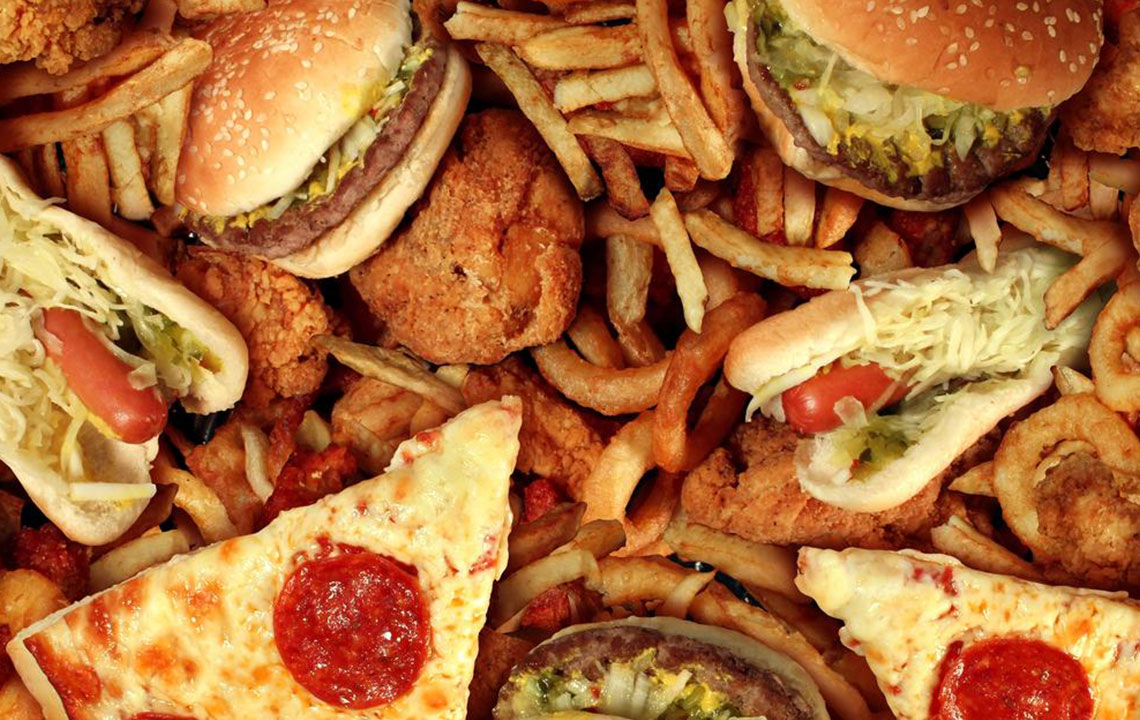Managing Acid Reflux Through Diet and Lifestyle Transformations
Discover effective strategies to manage acid reflux through simple lifestyle changes and dietary modifications. Learn about symptoms, foods to include, and avoid to reduce discomfort and prevent GERD complications. Practical tips on posture, meal timing, and weight management can help alleviate acid reflux symptoms naturally and safely.

Managing Acid Reflux Through Diet and Lifestyle Transformations
Strategies for Alleviating Acid Reflux with Diet and Lifestyle Adjustments
Acid reflux is a persistent condition where stomach acid or bile flows back into the esophagus, irritating its lining. When heartburn and acid regurgitation happen more than twice weekly, it may indicate GERD (gastroesophageal reflux disease). Common symptoms include a burning sensation in the chest after meals, which worsens when lying down.
Simple lifestyle changes and dietary adjustments can provide relief. In some cases, doctors may prescribe stronger medications, and specific diet plans for acid reflux are available. Conditions like hiatal hernia, where part of the stomach moves above the diaphragm, can also cause reflux. Below are practical tips and dietary guidelines to manage symptoms effectively.
Recognizing acid reflux symptoms such as heartburn, burping, regurgitation, bloating, nausea, and difficulty swallowing is essential. Lifestyle changes like quitting smoking, eating smaller meals more frequently, avoiding meals close to bedtime, using elevated pillows, and losing weight can significantly reduce symptoms. Consulting a healthcare provider for medication options is recommended. Incorporating soothing foods like vegetables, ginger, non-citrus fruits, oatmeal, healthy fats, lean meats, and egg whites into your diet can help soothe reflux. Conversely, avoid fried, spicy, high-fat foods, citrus fruits, caffeine, chocolate, and processed foods to prevent flare-ups. Factors such as body position after eating and meal size also influence reflux episodes.
Note:
Our blog provides diverse insights and practical tips on health topics. Use this information as a guide and consult healthcare professionals for personalized advice. We do not guarantee the accuracy of all data and recommend verifying with licensed sources for medical issues.










